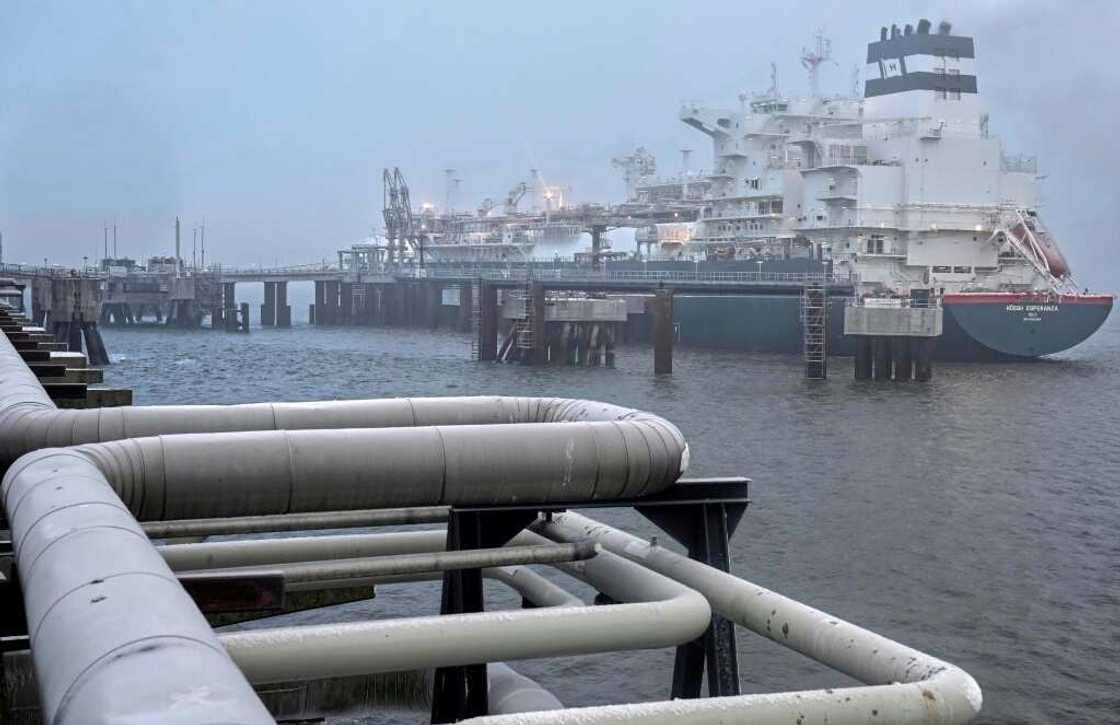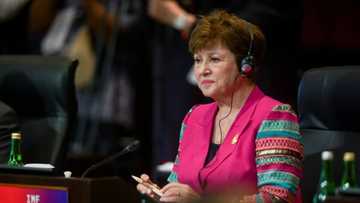German economy holds up in 2022, despite Ukraine war fallout

Source: AFP
PAY ATTENTION: Сheck out news that is picked exactly for YOU ➡️ find the “Recommended for you” block on the home page and enjoy!
The German economy grew a better-than-expected 1.9 percent in 2022, official data showed Friday, as government relief measures cushioned Europe's export giant from an energy crisis triggered by the Ukraine war.
The expansion was slower than the 2.6-percent growth in 2021, with GDP "stagnating" in the fourth quarter as inflation surged following Russia's invasion of Ukraine, statistics authority Destatis said.
But it was better than the 1.8 percent forecast by analysts, as government interventions and a mild winter helped Germany weather the higher energy costs triggered by Moscow slashing crucial gas supplies.
Ruth Brand, president of Destatis, outlined the challenges faced by Europe's biggest economy, from "extreme energy price increases" to supply chain bottlenecks, rising food prices and a shortage of skilled workers.
But she added: "Despite these difficult conditions, the German economy held up well overall in 2022."
Carsten Brzeski, head of macroeconomics at ING, also said the data "shows that for the entire year 2022, the catch-up effect after the end of lockdowns, both for consumption and production, outweighed the economic fallout from the war in Ukraine.
PAY ATTENTION: Сheck out news that is picked exactly for YOU ➡️ find the “Recommended for you” block on the home page and enjoy!
"In the final months of the year, fiscal support also cushioned the downswing."
Recession fears
The soaring energy costs weighed on German industry and consumers, but a string of recent indicators suggest that the downturn will be less severe than initially feared.
The government itself had forecast in October that the economy would shrink 0.4 percent over the whole of this year.
But efforts to build up gas reserves in preparation for the winter have allowed Germany to skirt acute shortages.
A massive 200-billion-euro ($216 billion) support package announced in September to limit household energy bills and support businesses has also taken the sting out of price rises, analysts say.
Some analysts warn the reprieve may prove temporary given significant risks that lie ahead.
Germany will likely be unable to dodge a recession -- two consecutive quarters in which the economy shrinks -- said Brzeski.
The 2022 GDP figure "implies a stagnating, not contracting, economy in the fourth quarter. Will the widely-predicted recession simply fail to materialise? We remain doubtful."
"Avoiding the worst does not suggest the economy is doing well," he added.
The German auto industry association VDA has warned about the long-term consequences of higher energy prices for the flagship sector.
"Industry is the engine of Germany's prosperity and that engine needs energy," VDA president Hildegard Mueller said earlier this week.
Germany risks "permanently losing out" if it does not find a way to supply industry with affordable energy, she said.
Source: AFP



